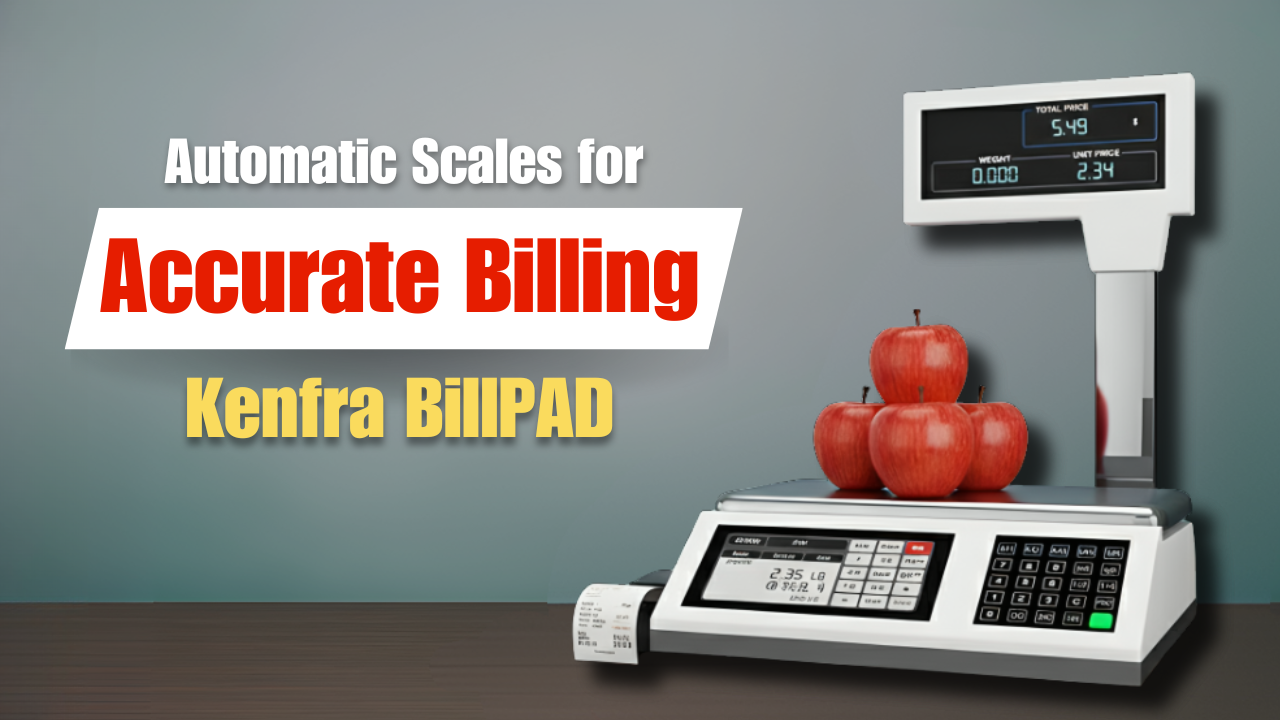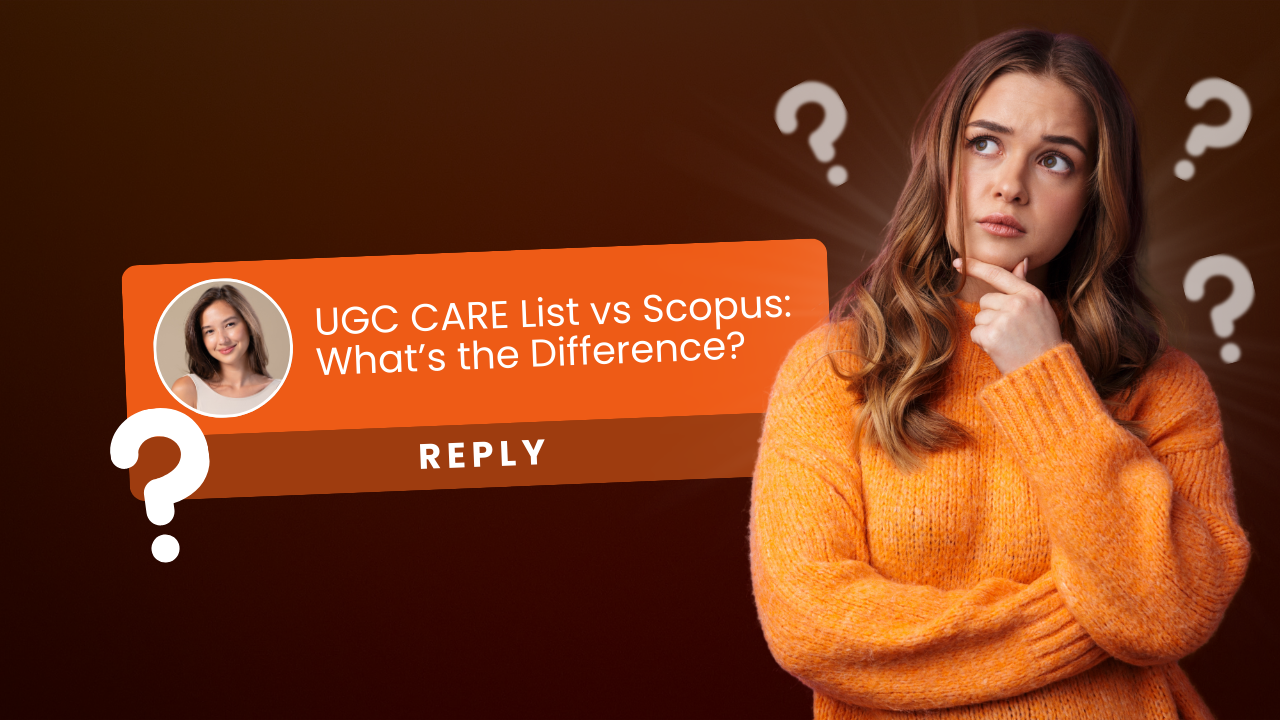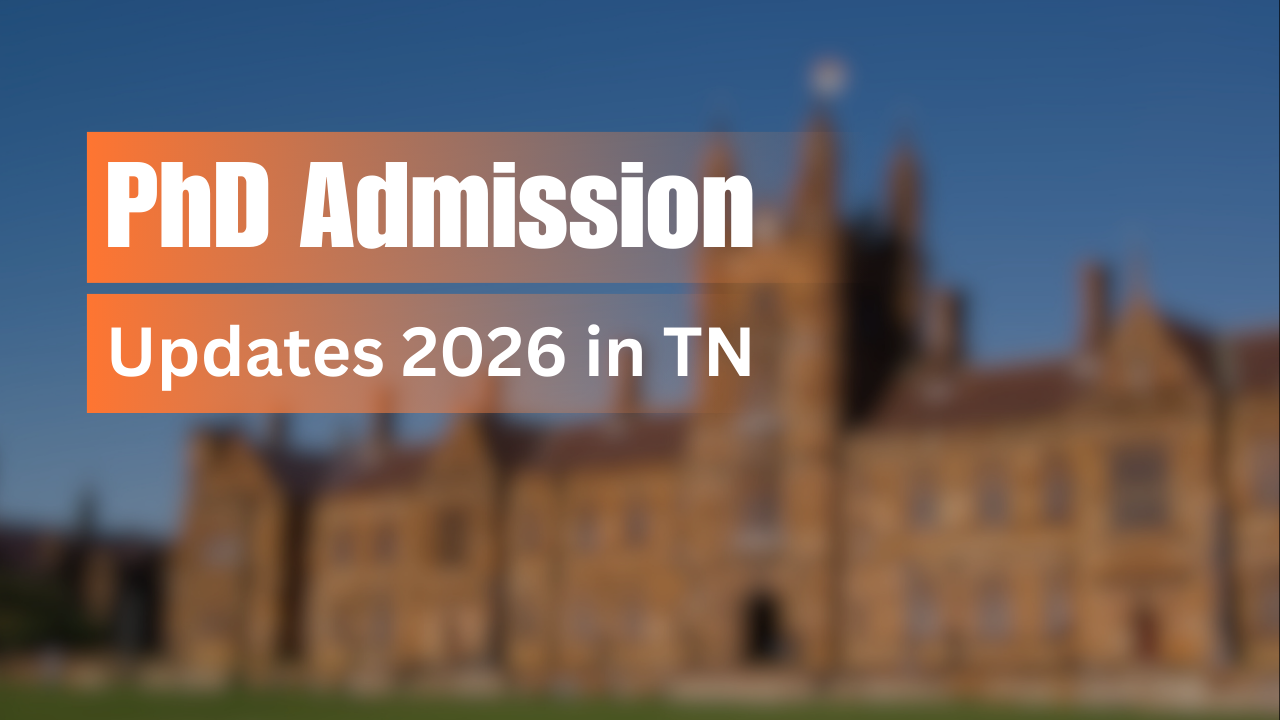Financial Success Starts With These 10 Habits
Financial success is not about getting lucky. It is not only about earning a big salary either. Many people earn well but still struggle with debt, stress, and no savings. The difference usually comes down to daily behavior. Strong financial success habits help you control your money, grow your savings,...










